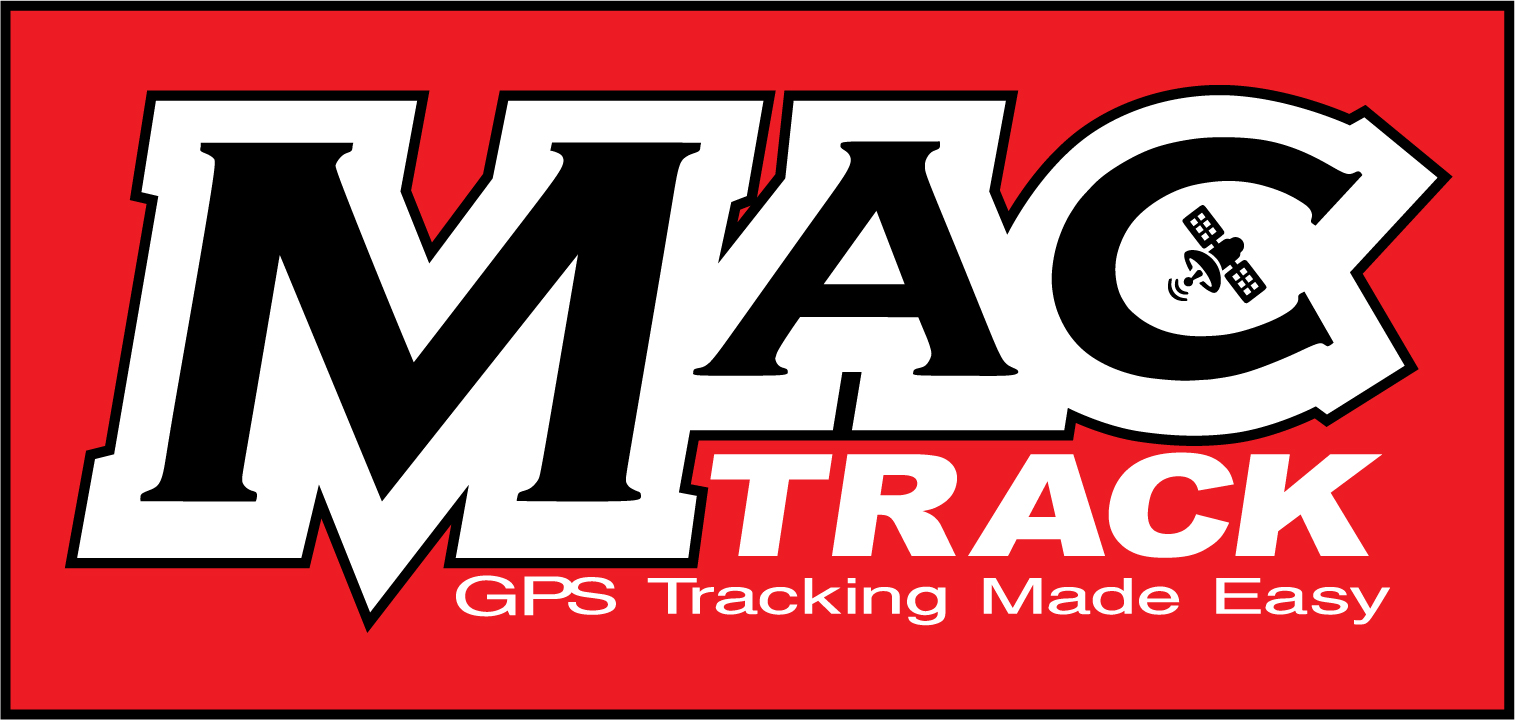Today the efficiency and reliability of emergency response systems are more critical than ever.
Whether it’s an ambulance rushing to save a life, fire services navigating through traffic, or law enforcement responding to an incident, the speed and accuracy of these responses can mean the difference between life and death.
At MacTrack, we understand the pivotal role that Global Positioning System (GPS) technology plays in enhancing the effectiveness of emergency response systems.
As leaders in GPS tracking solutions, we are committed to providing technology that empowers emergency services to perform their duties with precision and speed.
The Evolution of Emergency Response
Emergency response systems have evolved significantly over the years. In the past, emergency services relied heavily on verbal directions and paper maps, which often led to delays and inaccuracies. As cities expanded and populations grew, the need for more advanced, reliable navigation tools became apparent. This is where GPS technology revolutionised the industry.
The introduction of GPS into emergency response systems has transformed the way services operate. GPS provides real-time location data, enabling dispatchers to monitor the position of emergency vehicles and deploy the nearest unit to an incident. This not only saves time but also ensures that resources are utilised efficiently. With the integration of GPS tracking solutions from MacTrack, emergency services can now reach incident sites faster, reducing response times and improving outcomes.
Enhancing Situational Awareness
One of the most significant benefits of GPS in emergency response is the enhancement of situational awareness. Emergency situations are often chaotic, with rapidly changing conditions that require quick and informed decision-making. GPS technology provides real-time data on vehicle locations, traffic conditions, and the quickest routes, which is invaluable for dispatchers and responders.
MacTrack’s GPS solutions offer detailed mapping and routing capabilities that help responders avoid traffic congestion, road closures, and other obstacles. This ensures that emergency vehicles take the most efficient route to the scene, potentially shaving crucial minutes off their journey time. In scenarios where every second counts, this level of situational awareness can be the deciding factor in saving lives.
Improving Coordination and Communication
Effective coordination and communication are essential in emergency response. In multi-agency incidents, where police, fire, and medical services must work together, GPS technology ensures that all units are aware of each other’s locations and movements. MacTrack’s GPS systems facilitate seamless communication between different teams, enabling them to coordinate their efforts more effectively.
Enhancing Accountability and Reporting
Accountability is a key component of any emergency response system. GPS technology helps in maintaining accurate records of emergency responses, which can be used for reporting and analysis. MacTrack’s GPS systems automatically log the movement of emergency vehicles, recording details such as routes taken, speeds, and times. This data is crucial for post-incident reviews, helping agencies understand how and where improvements can be made.
Additionally, accurate GPS tracking data can be vital in legal situations where the actions of emergency responders may come under scrutiny. With comprehensive records provided by MacTrack’s systems, agencies can demonstrate that their teams acted swiftly and appropriately during an emergency.
Reducing Operational Costs
In addition to enhancing the efficiency of emergency response, GPS technology also contributes to reducing operational costs. Fuel consumption, vehicle wear and tear, and overtime costs can be significant expenses for emergency services. By optimising routes and reducing unnecessary travel, MacTrack’s GPS systems help in lowering these costs.
Moreover, GPS tracking systems can be used to monitor vehicle usage and maintenance needs. By keeping track of mileage and engine hours, MacTrack’s solutions can alert fleet managers when vehicles require servicing, thereby preventing costly breakdowns and extending the lifespan of emergency vehicles.
Supporting Advanced Technologies
As technology continues to evolve, the integration of GPS with other advanced systems is becoming increasingly common in emergency response. For instance, the combination of GPS with Geographic Information Systems (GIS) allows for more detailed mapping and analysis, aiding in disaster planning and management. GPS can be integrated with mobile data terminals (MDTs) in emergency vehicles, providing responders with real-time information and updates directly in their vehicles.
MacTrack is at the forefront of this technological evolution, offering GPS solutions that are compatible with a wide range of other technologies. By supporting these integrations, MacTrack ensures that emergency services are equipped with the most advanced tools available, enabling them to respond more effectively to the challenges they face.
The Future of GPS in Emergency Response
Looking forward, the role of GPS in emergency response is only set to grow. As urban areas continue to expand and emergencies become more complex, the demand for precise, real-time location data will increase. The rise of smart cities, with interconnected systems and autonomous vehicles, will further enhance the capabilities of GPS technology in emergency response.
At MacTrack, we are continuously innovating to meet these future demands. Our commitment to providing cutting-edge GPS tracking solutions ensures that emergency services will always have the tools they need to protect and serve the public efficiently.
As we move towards a future where technology plays an even greater role in emergency response, MacTrack remains dedicated to leading the way with reliable, advanced GPS systems.
Contact us today to learn more.
